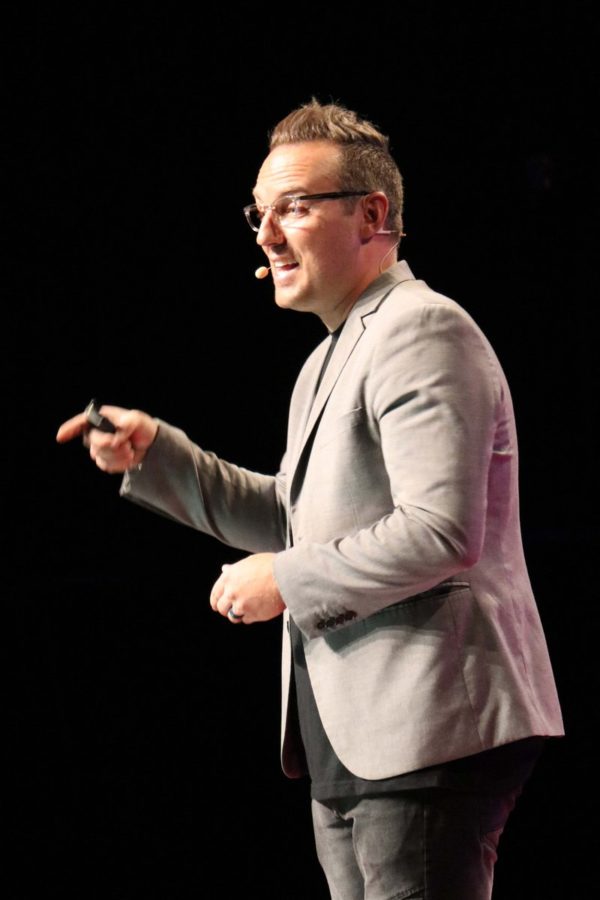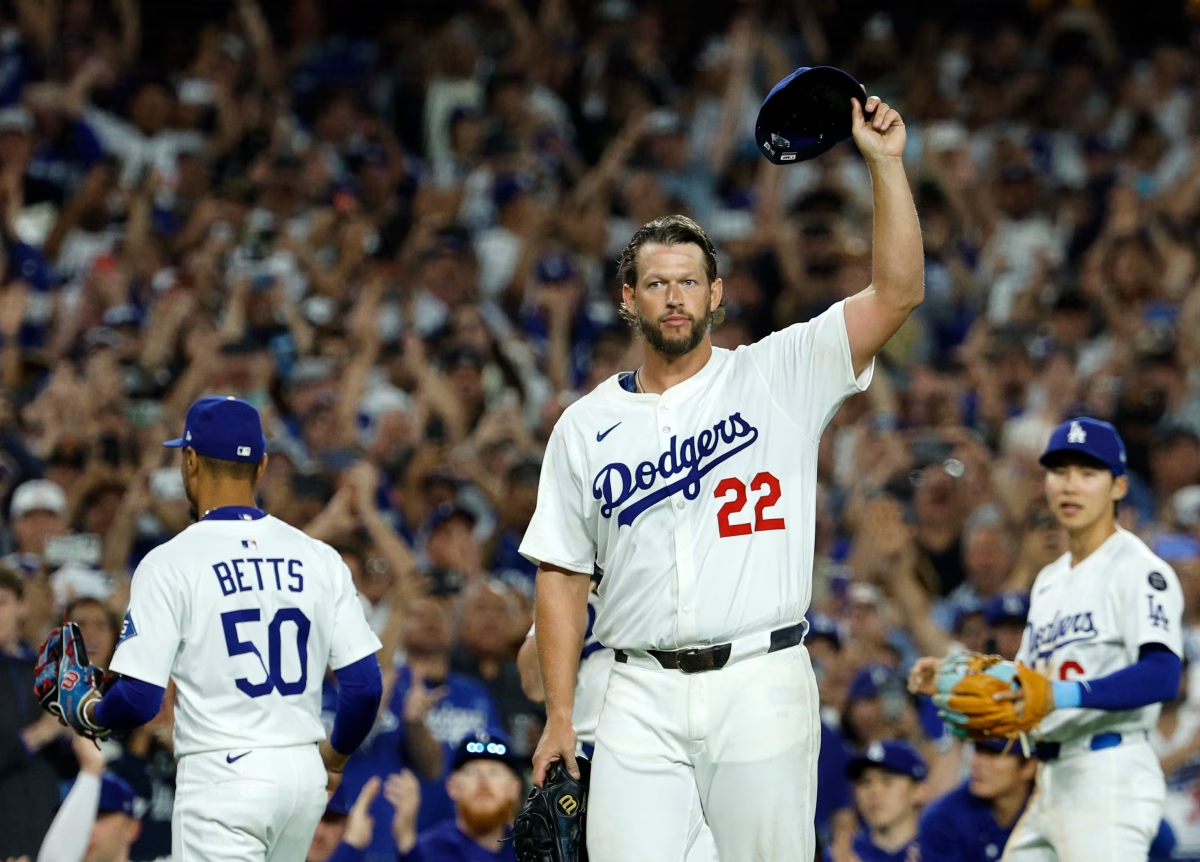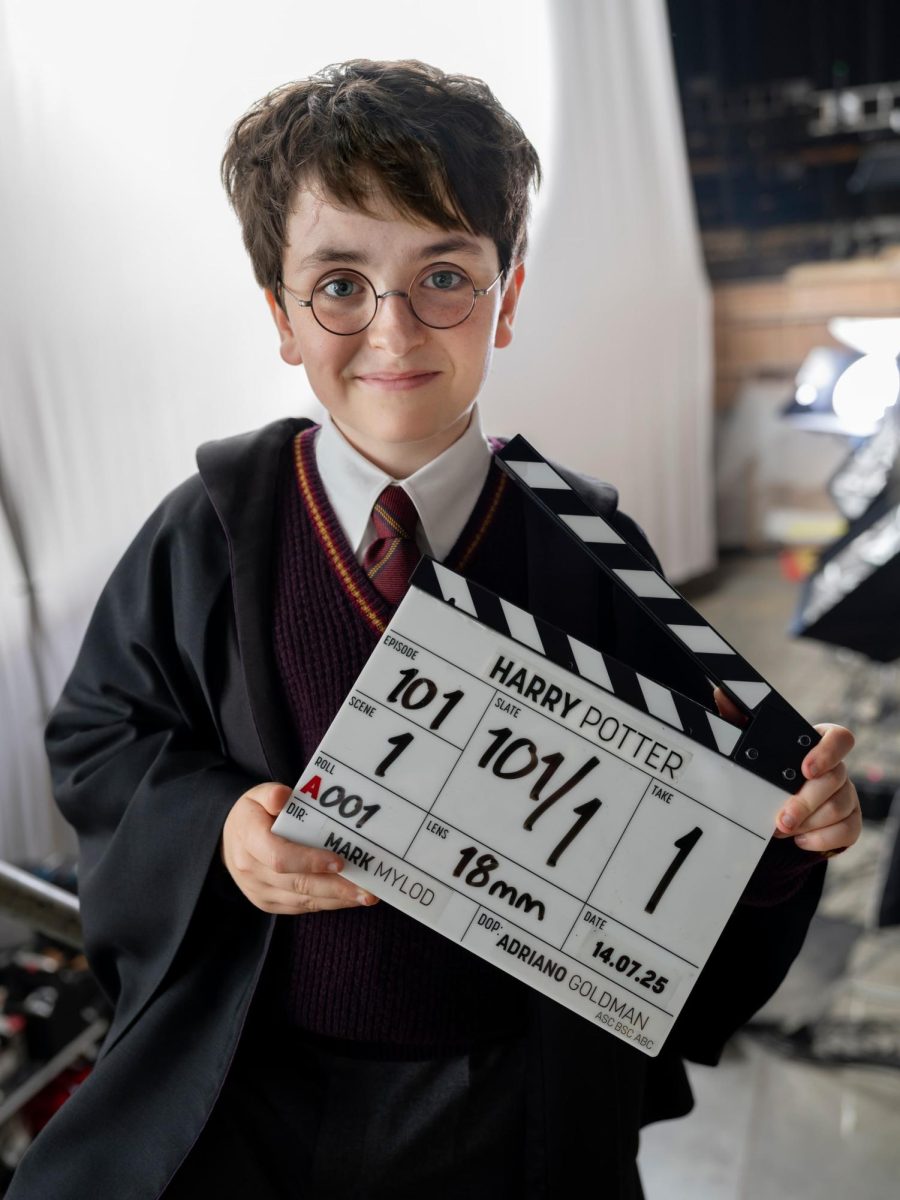Save the Children
September 16, 2019
Collin Kartchner came to Santiago last Friday, September 6, and explained to the students what he has observed: social media can destroy teens’ lives, more specifically, their mental health. Due to various technical issues, most classes did not get to see or hear the whole presentation, but if anyone feels unfulfilled by their experience, they should view it again. His presentation was live-streamed and can be found on YouTube at https://www.youtube.com/watch?v=0ZitDInp2Uw.
Kartcher started with a brief introduction about his family and what inspired him to start speaking about this sensitive subject. From there, he moved on to giving example after example of different teenagers who either have had a negative experience with Instagram or Twitter or who have used their platform to enhance others’ lives. He also emphasized that he doesn’t mean we should not stop using social media completely, but to limit our screen time in general and unfollow what doesn’t spark joy, which is often hard to do. Sure, our phones can be useful, but when we can’t get off Instagram and can’t stop comparing our lives to others’, there is a problem.
Collin did mention a subject teens do not want to hear about–how underdeveloped the teenage brain is. Some of us want to be adults already and have a life that we love: without school, regulations, and parents. But, biologically, we cannot be deemed ready as teenagers to take all the complexities of the world head-on. Students must realize this, and that requires adults to tell us what we should expect in the real world.
Most of the students I interviewed about their thoughts on the speaker shared that they are tired of hearing the same message every assembly–that our world is corrupt and so are we. They also complained that his speech went on too long and should have cut back on some subjects. Overall, the students got bored of hearing the same thing being told to them year after year, but they also must know the world is wholly in their hands once they are out of high school.













Ava • Nov 21, 2019 at 1:37 pm
Thank you! You’re a godsend../